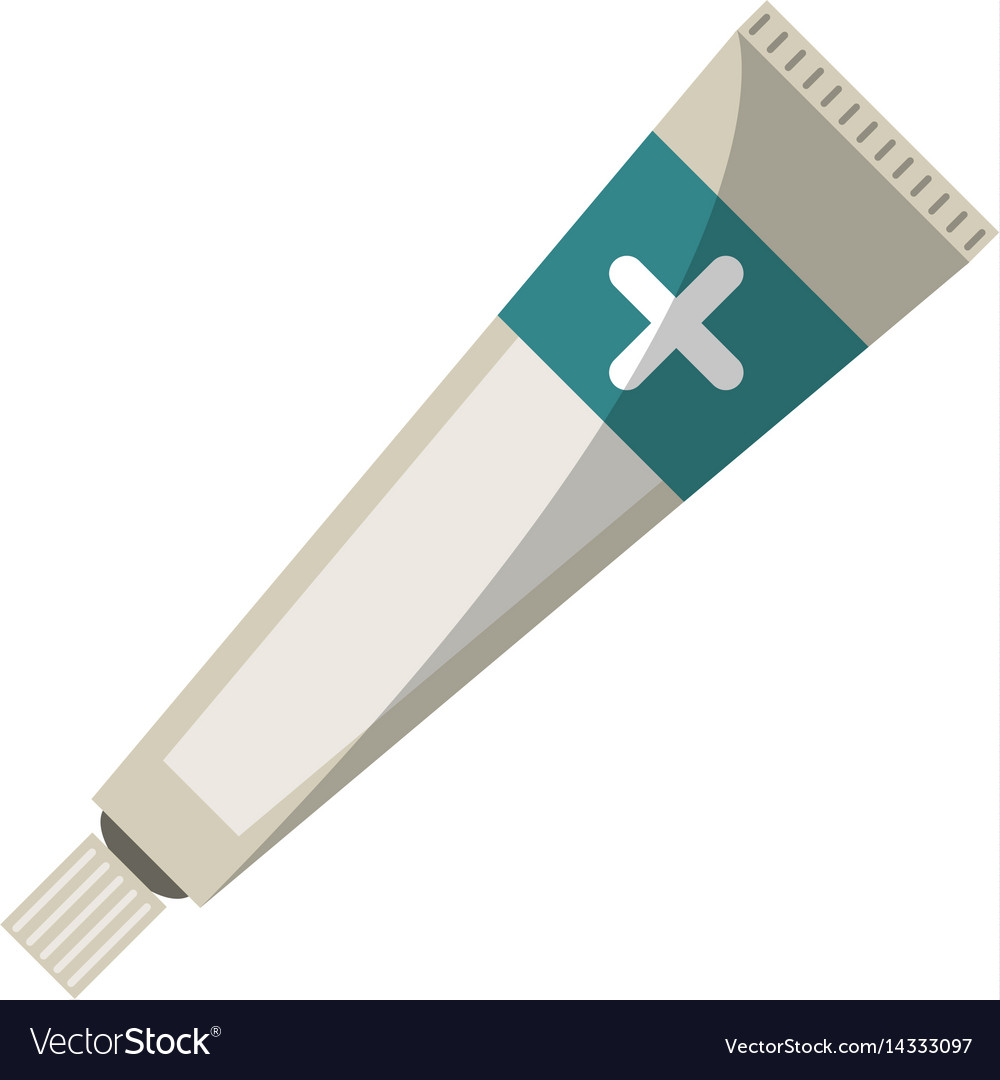Cesonide Solution for Inhalation
Indications
Ciclesonide inhalation aerosol is indicated for treatment to control persistent asthma in adults (18 years and older).
Pharmacology
Ciclesonide, which is a new once daily inhaled corticosteroid, is an ester prodrug that requires hydrolyzation by endogenous esterases in the lung to form its active metabolite (B-9207-021). The activated ciclesonide has an approximately 100-fold greater affinity for glucocorticoid receptors compared with the parent compound and produces high local anti-inflammatory activity.
Dosage And Administration
Ciclesonide is for inhalation use only. The recommended starting dose of Ciclesonide is 160 micrograms once daily which is usually also the maximum dose. Dose reduction to 80 micrograms once daily may be an effective maintenance dose for some patients. Ciclesonide should preferably be administered in the evening although morning dosing of Ciclesonide has also been shown to be effective. There is no need to adjust the dose in elderly patients or those with hepatic or renal impairment. Patients with severe asthma are at risk of acute attacks and should have regular assessments of their asthma control including pulmonary function tests. Increasing use of short-acting bronchodilators to relieve asthma symptoms indicates deterioration of asthma control. If patients find that short-acting relief bronchodilator treatment becomes less effective, or they need more inhalations than usual, medical attention must be sought. In this situation, patients should be reassessed and consideration given to the need for increased anti-inflammatory treatment therapy (e.g. higher doses of Ciclesonide or a course of oral corticosteroids). Severe asthma exacerbations should be managed in the usual way.
Administration
Before using your inhaler for the first time, or if it has not been used for a week or more, "test fire" it, i.e. release one puff into the air.
How to use your inhaler correctly:
- Remove the mouthpiece cover, and check the mouthpiece thoroughly to see that it is clean. Shake the inhaler vigorously.
- Hold the inhaler as shown between index finger and thumb. Breathe out gently through your mouth and immediately place the mouthpiece in your mouth between your teeth (Do not bite it).
- Grip the mouthpiece firmly with your lips. Tilt your head slightly backwards. Start breathing in slowly through your mouth. At the same time press the canister as shown, to release one dose while continuing to breathe in steadily and deeply.
- Remove the inhaler from your mouth. Hold the breath at least for 10 seconds, or as long as it is comfortable. Breathe out slowly.
- If another dose is required, wait for at least 1 minute and repeat the whole process. After use, place the cover to close the mouthpiece.
- Shake well before each use.
How to clean your inhaler:
- Gently pull the metal canister out of the plastic body of the inhaler, remove the mouthpiece cover.
- Rinse the plastic body and the mouthpiece cover in warm water but do not put the metal canister into water.
- Leave to dry in warm place, avoid excessive heat.
- Replace the canister and the mouthpiece cover correctly.
- Clean your inhaler at least once a week.
Interaction
Co-administration with a potent inhibitor of the cytochrome P450 3A4 system (e.g. ketoconazole, itraconazole and ritonavir or nelfinavir) should be considered with caution. The risk of clinical adverse effect (eg cushingoid syndrome) cannot be excluded.
Contraindications
Hypersensitivity to Ciclesonide or any of the excipients.
Side Effects
Common (1-10%): Paradoxical bronchospasm; uncommon (0.1-1%): Bad taste, application site reactions, application site dryness, hoarseness, cough after inhalation, rash and eczema.
Systemic effects of inhaled corticosteroids may occur, particularly at high doses prescribed for prolonged periods. These effects are much less likely to occur than with oral corticosteroids. Possible systemic effects include adrenal suppression, growth retardation in children and adolescents, decrease in bone mineral density, cataract and glaucoma. Patients with severe hepatic impairment should be monitored for potential systemic effects.
Pregnancy And Lactation
As with other inhaled glucocorticoids, Ciclesonide should only be used during pregnancy or lactation if the potential benefit to the mother justifies the potential risk to the mother, foetus or child. The lowest effective dose of Ciclesonide needed to maintain adequate asthma control should be used.
Precautions And Warnings
As with all inhaled corticosteroids, Ciclesonide should be administered with caution in patients with active or quiescent pulmonary tuberculosis, fungal, viral, or bacterial infections, and only if these patients are adequately treated. As with all inhaled corticosteroids, Ciclesonide is not indicated in the treatment of status asthmaticus where intensive measures are required, or to relieve acute asthma symptoms for which an inhaled short-acting bronchodilator is required. Patients should be advised to have such rescue medication available. Patients transferred from oral steroids should be monitored regularly and their dose of systemic steroid reduced cautiously. Treatment with Ciclesonide should not be stopped abruptly.
Therapeutic Class
Respiratory corticosteroids
Storage Conditions
The inhaler should be stored below 30°C, protected from direct sunlight and heat. The canister should not be broken, punctured or burnt, even when apparently empty. Keep away from eyes. Keep out of reach of children.
